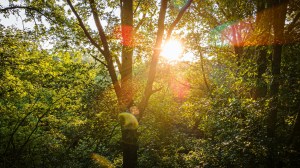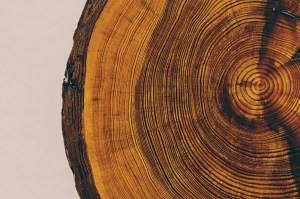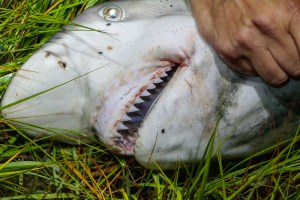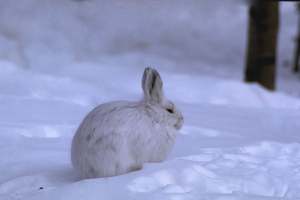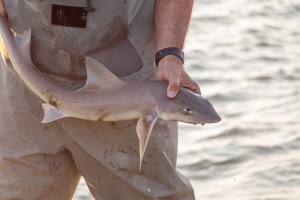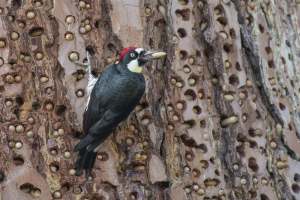
Creating a New Generation of Conservation Science Leaders
Our world faces unprecedented challenges with climate change. NatureNet Science Fellows help solve them.
A pursuit of The Nature Conservancy and leading research universities, the NatureNet Science Fellows program is a trans-disciplinary postdoctoral fellowship aimed at bridging academic excellence and conservation practice to confront climate change and create a new generation of conservation leaders who marry the rigor of academic science and analysis to real-world application in the field.
Research and the Real World
NatureNet Science Fellows work on groundbreaking research to address climate change, the most pressing conservation challenge of our time. Now in its third year, the NatureNet Fellows program pushes conservation science into entirely new areas that embrace existing and emerging technologies and disciplines, from nanotechnology for clean water and energy, to DNA-based genetic analysis to inform land management.
NatureNet Fellows
For Climate Adaptation, Forests Offer More Than Carbon Storage
New research finds that forests play a far greater role in protecting people from climate change than previously recognized.
Reading the Tree Rings
By reading tree rings, scientists can see evidence of rainy years, periods of drought, bug infestations, forest fires and even volcanic eruptions.
Catching Sharks for Science
On Long Beach Island, volunteer anglers help researchers uncover the hidden journeys of sharks in threatened salt marsh ecosystems.
How Extreme Winter Weather Can Affect Wildlife
How extreme winter weather can challenge many species, from opossums to manatees to Carolina wrens. What are you seeing in your neighborhood?
Seeing the Salt Marsh for the Sharks
Shark tagging in New Jersey’s salt marshes reveals migration patterns and shows how restoring wetlands strengthens vulnerable coasts.
It Takes a Village: What Birds Teach Us About Cooperation and Family
Why do some birds raise chicks that aren’t their own? A look at the surprising strategy of cooperative breeding and what drives it.
